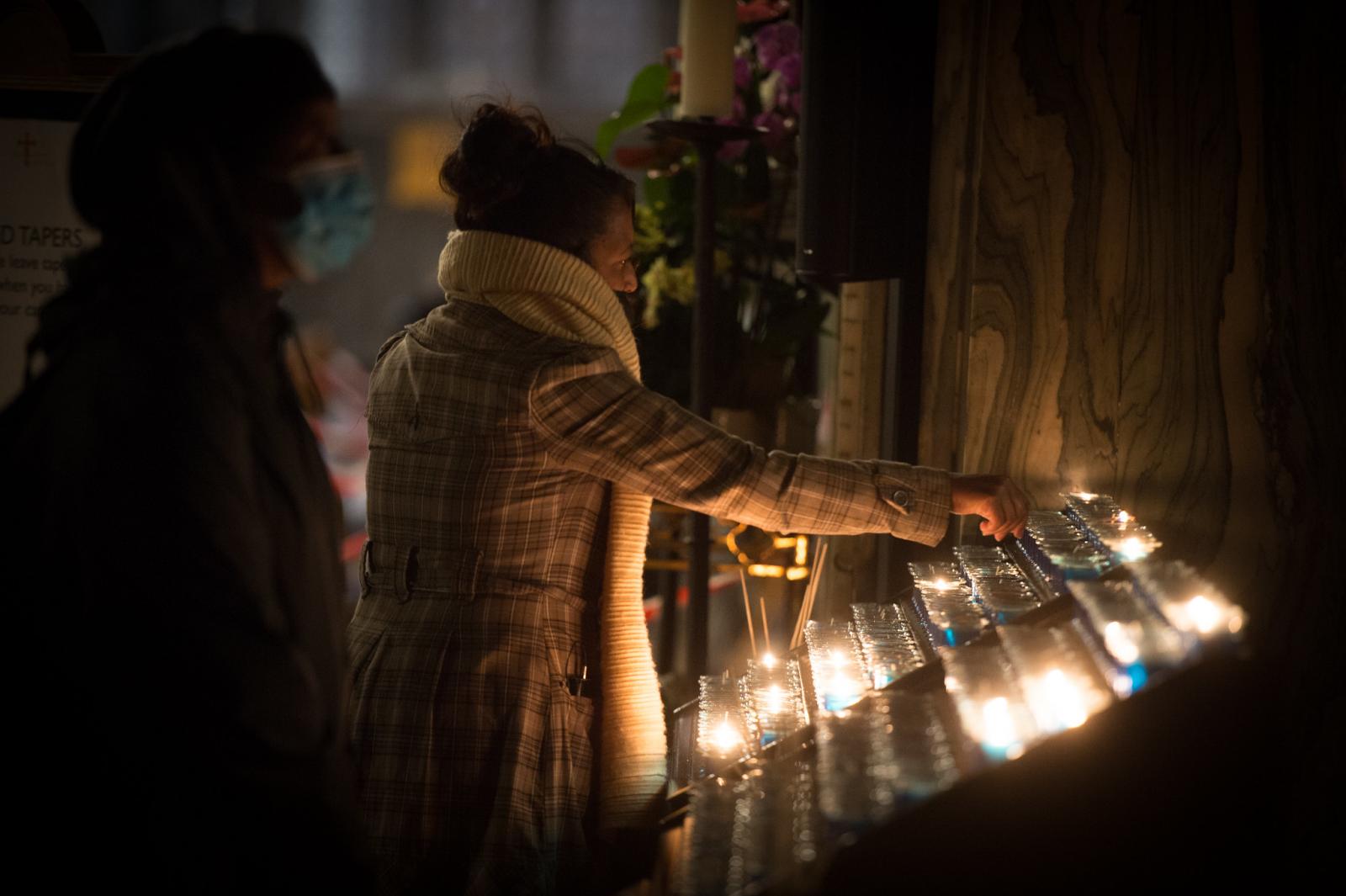On 4th November 2020, Parliament passed into law The Health Protection (Coronavirus, Restrictions) (England) (No. 4) Regulations 2020. These are in force from Thursday 5th November to Wednesday 2nd December 2020. As well as the regulations, the government has updated its guidance for the safe use of places of worship to reflect current circumstances.
The government has also published its New National Restrictions Guidance on its website.
The regulations preclude gatherings for communal worship, including the celebration of Mass, baptisms and most weddings.
However, it is important to stress that this does not represent a return to the previous lockdown earlier in the year. In the current regulations, places of worship are permitted to remain open for certain purposes, and to attend a place of worship is listed as an acceptable reason to leave home.
The purposes for which a place of worship may remain open are listed in paragraph 18(8) of the regulations. Most notably, the regulations allow places of worship to remain open for 'individual prayer' which is defined as 'prayer by individuals which does not form part of communal worship.'
It is important that a generous provision is made to open our churches for substantial amounts of time. Priests are encouraged to maintain a presence in their open churches, making themselves available to talk with those who attend for individual prayer.
Churches may be used for Mass and other services to be streamed, without a congregation present. Musicians and singers may participate in online services, as long as they usually form part of the service that is being broadcast and are essential to its delivery.
Churches are permitted to continue to be open to offer support and charitable outreach, including the provision of food banks or other support for the homeless or the vulnerable. It is so important that this response to the pandemic, which has been such a significant part of parish life over these past months in so many places, continues and develops.
Funeral Masses and funeral services may continue to be celebrated, with an attendance of up to 30 people (not including those who are required for the celebration). Weddings are only permitted when one of those getting married is seriously ill and is not expected to recover. Such weddings are limited to SIX people excluding the priest or deacon celebrant.
It is important that the routines of cleanliness, stewarding and social distancing to which we have become accustomed, and which have made our churches places of real Covid security, are maintained. Face coverings should continue to be worn in churches, unless individuals are exempt. The maximum number of people allowed in a church for prayer will be determined by its size, seating arrangements and the requirements for social distancing.
In the light of the broad aim to minimise gatherings of those from different households, and to focus resources on keeping churches open for individual prayer, it is recommended that catechism classes and sacramental preparation sessions are suspended, or held online, whilst these regulations are in force.
Clergy and parishioners are encouraged to read the regulations and guidance and make mature judgments about how best they are to be applied in particular contexts. Some priests may have heightened vulnerability owing to age or medical condition: in making their judgements, they should consider their own circumstances and wellbeing, as well as the safety of others.
These days are not easy, but during the time the regulations are in force it is vital that the best and effective use of our churches is made, for the good of the faithful and wider society.
Rev Canon Christopher Thomas
5th November 2020
Revision 2




